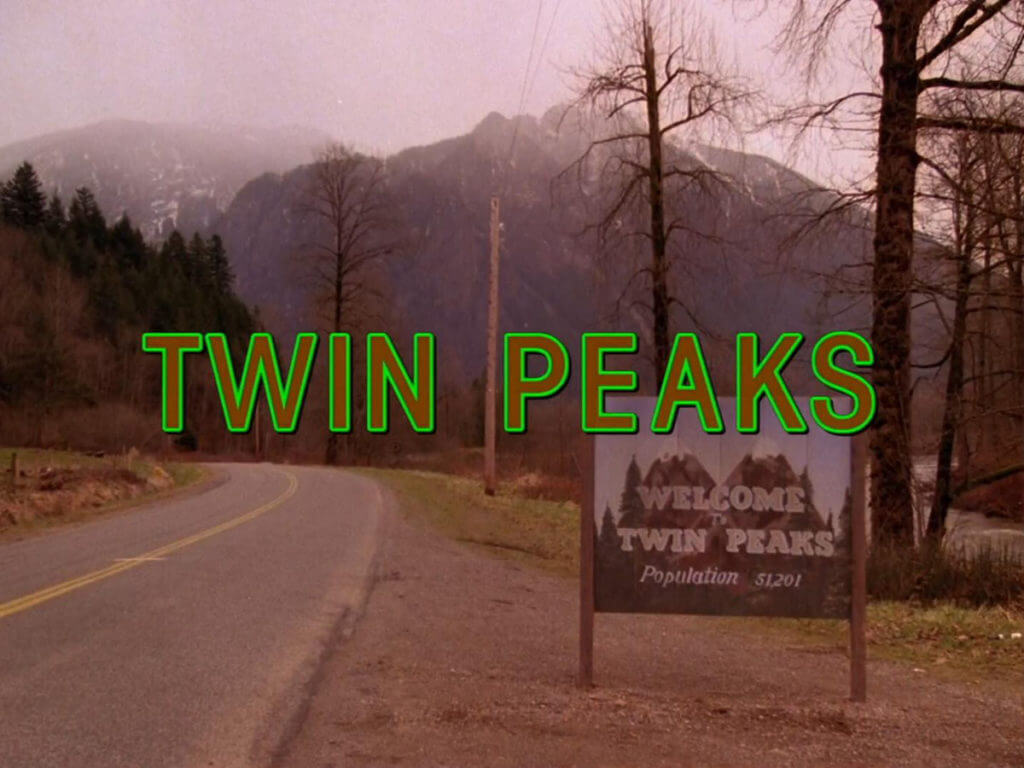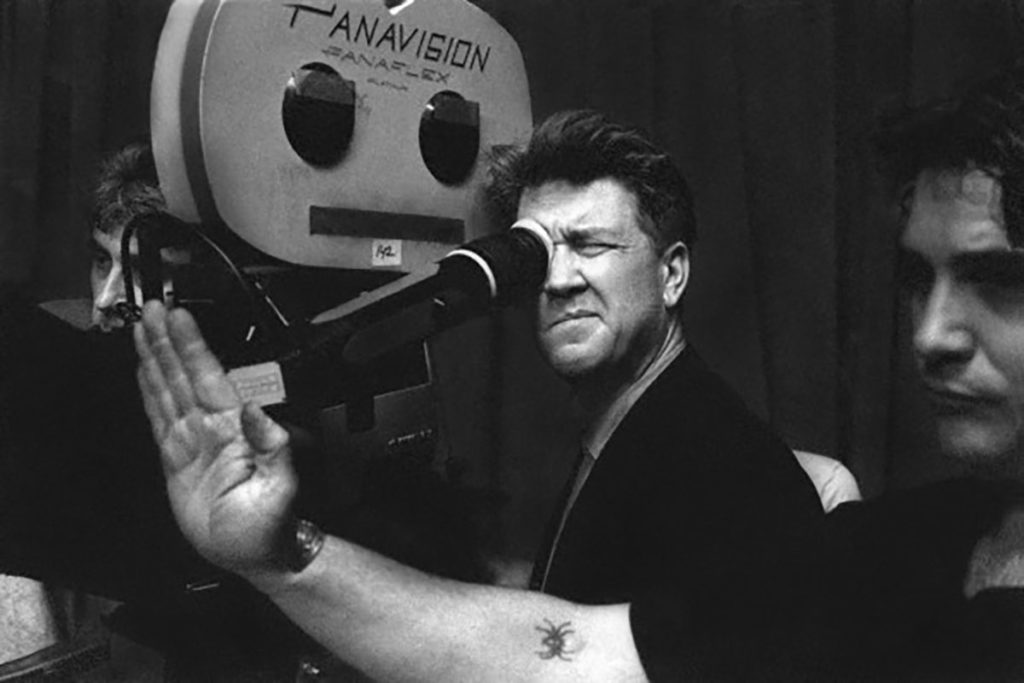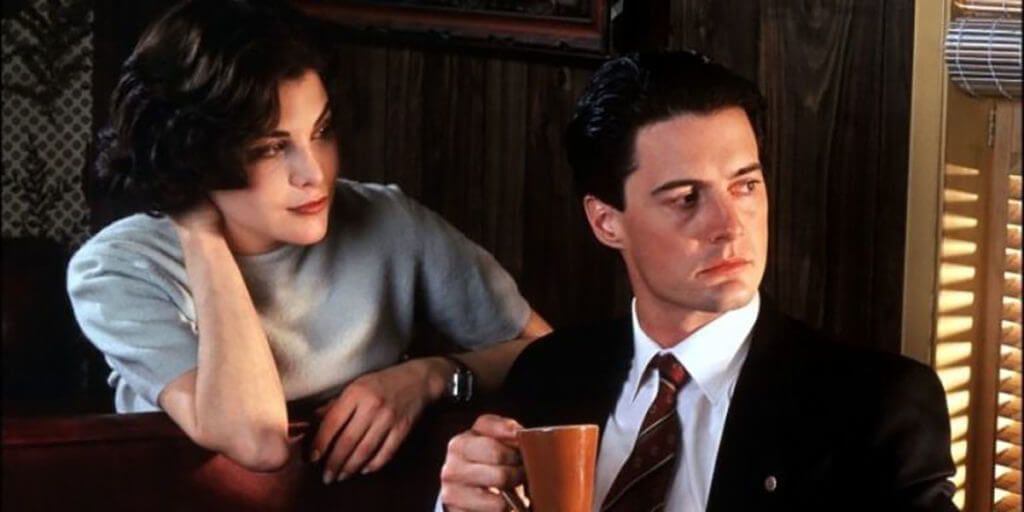With the recent release of new episodes of Twin Peaks, many thirty to fifty-year-olds are waxing nostalgic about the strange, short-lived series that changed the face of modern television. The series’ first season, released in 1990, garnered a lot of attention. In fact, it was one of the year’s most viewed shows.
Expecting a straightforward mystery, many viewers abandoned the show in light of the abstract and surrealist approach to storytelling. The loss of viewership eventually led to Twin Peaks’ cancellation after only 2 seasons. However, the residual effects of the dwindling ratings created a fervent cult following of the show. This fervor persisted and grew, culminating in the series’ renewal.
The Twin Peaks Influence on the Business of TV
Prior to Twin Peaks’ original run, no network had supplied a writer or director as much creative license as ABC gave David Lynch and Mark Frost. Lynch’s free reign, despite his hardly palatable directing style, set a new precedent for network relationships with showrunners. It also created a deeper, more fully-realized show than had ever been produced for television. Other networks, seeing an opportunity to branch out into new storytelling territory, quickly followed suit. See, for instance, Fox’s immensely successful series The X-Files, which released in 1993.
The Twin Peaks Influence on TV Directing
Make no mistake, Twin Peaks is a strange show. Just take a look at this clip:
No show since has even tried to capture the same tone. With that being said, show directors have certainly taken notes from Lynch’s direction. It’s different, and was much more cinematic than anything else available at that time. Lynch used overly staged blocking and lighting to make sure his scenes were visually unique.
This extremely cinematic way of directing was adopted by the directors shows like Breaking Bad, The Sopranos, and Mad Men. Before Twin Peaks, the majority of shows spent most of their time in principle photography, doing no more than filming the script by the numbers. Now, since David Lynch demonstrated television’s cinematic capabilities, everything from Mr. Robot to Girls is shot like a movie.
The Twin Peaks Influence on TV Show Mythology
Some of the series most influenced by Twin Peaks are mythology series. Most notably, the show Lost comes to mind. But shows such as Fringe and Westworld also clearly exhibit some Lynchian elements. By not only unravelling a murder mystery, but also feeding us plot points through unconventional storytelling techniques (e.g. dream sequences) Lynch established a more complex mythos. And the development of the show’s world and characters is just as important, if not more so, than solving its mystery.
While Twin Peaks was the first show to center an entire season’s plot around a single murder mystery, it also set a new standard for establishing a fully-realized universe in a show of any genre.
No matter what modern television shows you watch, chances are they owe a debt to Twin Peaks. Either creatively (writing; direction) or technically (networks providing free reign to showrunners).


